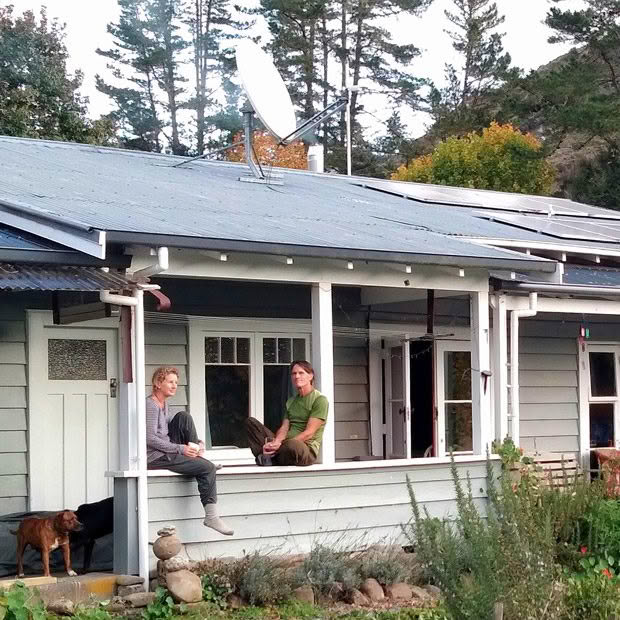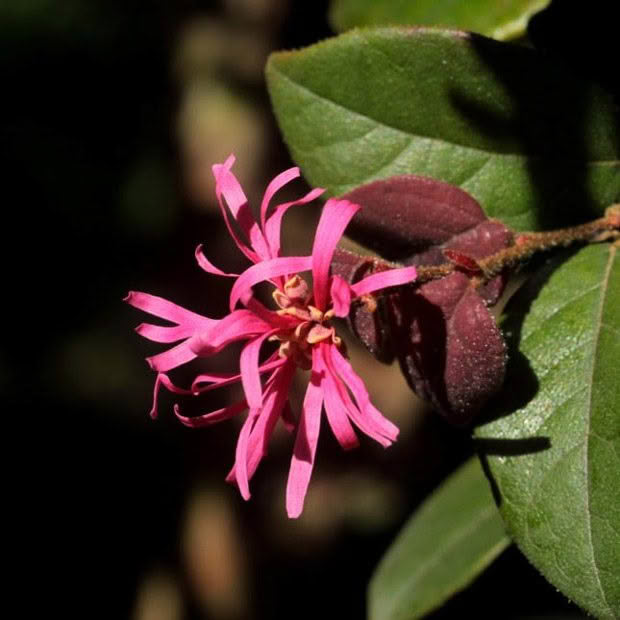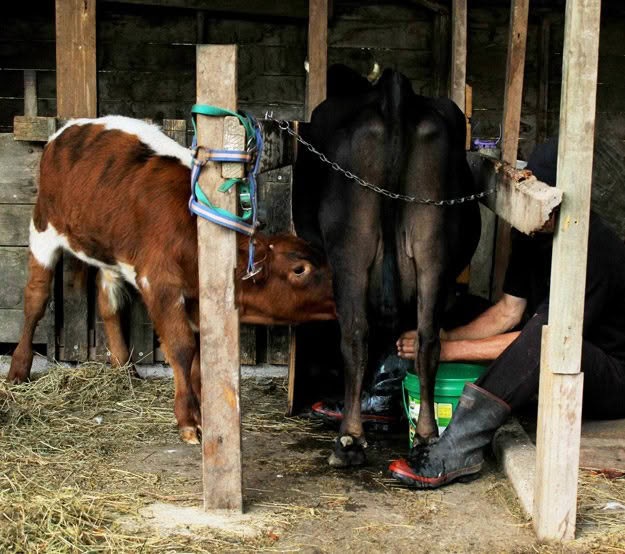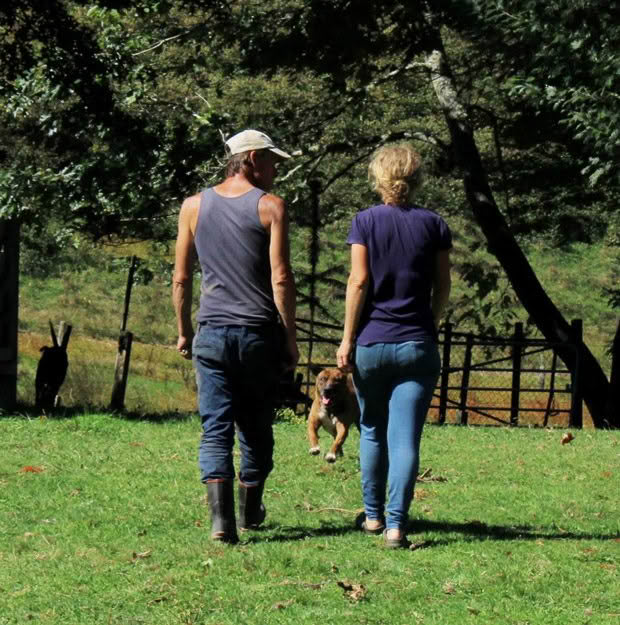Rebecca Stewart’s Blog: Living our best life

The beauty and hardship of self-sufficiency makes living off the land better than material wealth, writes Rebecca Stewart.
Photos: Summer Stewart
After two years of living here in our remote valley, we are still setting up our infrastructure. There are fence lines to be put in, sheds to be built or extended, more yards to construct, more food systems to put in place and a slog of pine slash to clear.
The vision for our property drives us forward. But when life gets busy, the list of jobs seems never-ending — and a bit overwhelming. Little moments on the land bring us back to our ‘why’: watching the calves play in the twilight, the sound of a fat kererū swooping overhead, noticing a pretty flower we hadn’t seen before, standing beneath a clear, starry night.

This is why we choose to live on the land, with the land and of the land. It’s why dirt under our nails is more important than a manicure, muck on our boots better than a polished shine. The food on our plate is simple, wholesome and nutritious — so much better than fast-food grub or restaurant fare. The air we breathe is fresh and clean, and somehow smells of bush stream (though possibly also of manure, pig muck, dead mice and other funky scents). It’s all part of this life and the earthiness of being connected to the land and food sources.
Knowing where and how our food is grown — or raised in terms of our livestock — gives us a profound sense of satisfaction when we sit down to a meal. This same satisfaction swells as other jobs are completed — from building a bail for milking a cow, making fresh butter or simply weeding a garden bed. Every step, big or small, matters in wearing the path to self-sufficiency down into a well-trodden lane.

We have many (rather literal) well-trodden lanes on our little farm — a path that leads to our pigs and young chooks, a path to the big chooks, the track our milking cow walks each day with her little herd in tow and the many paths that meander through our veg garden. The stroll around the garden illustrates what’s for dinner and the tasks that need doing now, soon and one day. I write a list of jobs to do and, despite my record-keeping, end up doing jobs not even on the list. The list stays scrunched up in my back pocket and will keep ‘til tomorrow.
But there’s no ‘keeping up with the Joneses’ because we choose this simple life. Once, years ago, a neighbour told us we were the poor people in the village. He didn’t understand we didn’t need all the things he thought important. We had an old villa, food on our table and warmth in our home. We chose family and an earth-driven life over belongings and wealth — we were rich in ways he just couldn’t see.
Our priorities have always been family, home and food. There was a time when we worked seven days a week in our own business. The grind took us away from those priorities. What good is lots of money if you don’t have time for what matters the most? What good is a flash house if you spend more time away from it trying to pay for it, rather than living your best life in it?

Everyone has different views on what ‘living your best life’ means. For us it’s about being with those we love, growing good food and breathing clean air. It’s about having water in abundance, a landscape which soothes the soul and a home at the heart of our world. That’s living our best life.
While we may not be wealthy in the material sense, we have a wealth of experiences, and abundance all around us. To see the wonder of it, one just needs to look at the world a little differently. Wonder comes from appreciating the simple things — the little rays of sunshine which brighten the day. It can be best described as the taste of a freshly picked, tree-ripened apple on a warm, sunny day.

